Finding husbands for highly-educated women is difficult. Co-education makes them go astray. Girls should be educated only till they attain puberty.
NEW DELHI: Finding husbands for highly-educated women is difficult. Co-education makes them go astray. Girls should be educated only till they attain puberty. And the ideal education for Muslim girls is religious, plus a modicum of general subjects to enable them to become good housewives.
These are some of the beliefs why Muslim women in India are educationally-backward, reveals a government-commissioned study.
Commissioned by the ministry of women and child development, the survey conducted to prepare a national plan of action for the advancement of Muslim women’s education found that the most common factors responsible for the high incidence of non-enrolment, alarmingly high dropouts and low achievement among Muslim girls were poverty, lack of women teachers, absence of separate schools for girls, observance of purdah, opposition to secular education, early marriage, community resistance and conservative attitudes.
Of the total out-of-school Muslim children aged 6-13, 45% are girls. Bihar, Uttar Pradesh, Jharkhand, Rajasthan and Orissa have the most low-literacy districts across religions. The southern states fare better, possibly because they have a large number of technical and professional institutions.
Finding appropriate husbands for highly-educated Muslim girls was a major hindrance because only a few Muslim boys go for higher education due to poverty and the perception of discrimination in government employment.
It was noted that the clergy had a stranglehold on the illiterate and poor strata of the Muslim society who were given diktats and injunctions on what a Muslim, specially a Muslim woman, can or cannot do.
The study found that there was considerable opposition to co-education as parents felt it might lead to girls going astray. Only 12.5% of the people surveyed said they were not opposed to co-education. A majority of parents supported education for girls but only till the age of puberty and in all-girl schools and under female teachers.
However, Mohd Manzur Alam, member of the Muslim Personal Law Board, argues such beliefs are among other Indian communities as well. “Muslims girls are doing very well in education in the southern states while in north India, both Muslim boys and girls are lagging behind. Lack of security is a prime concern for parents of all girls in all states and all religions, so why underline only Muslims?” he said.
Contrary to popular belief, Muslim girls consider burqa a facilitator, not an obstruction. Among Muslims, there is a perceived sense of being discriminated against by the system.
The fear that secular state schools which do not impart religious education would pollute the minds of Muslim children was heightened by the clergy who recommended only Islamic education to retain purity of thought and conduct.
p_vineeta@dnaindia.net![submenu-img]() BIG relief for Delhi-NCR commuters as light rail transit system to connect...
BIG relief for Delhi-NCR commuters as light rail transit system to connect...![submenu-img]() IND vs BAN 2nd Test: What happened to Bangladesh super fan 'Tiger Robi' in Kanpur?
IND vs BAN 2nd Test: What happened to Bangladesh super fan 'Tiger Robi' in Kanpur?![submenu-img]() IND vs BAN: Ravindra Jadeja on cusp of huge Test milestone; set to join Ashwin, Kapil Dev in elite list
IND vs BAN: Ravindra Jadeja on cusp of huge Test milestone; set to join Ashwin, Kapil Dev in elite list![submenu-img]() Maldives President Mohamed Muizzu planning to visit India 'as soon as possible'
Maldives President Mohamed Muizzu planning to visit India 'as soon as possible'![submenu-img]() Meet actress known for death scenes initially, gave Rs 100 crore hit in Rs 20 crore budget, she is…
Meet actress known for death scenes initially, gave Rs 100 crore hit in Rs 20 crore budget, she is…![submenu-img]() हसन नसरल्लाह की मौत, अब कौन संभालेगा हिजबुल्लाह की कमान सामने आए दो नाम
हसन नसरल्लाह की मौत, अब कौन संभालेगा हिजबुल्लाह की कमान सामने आए दो नाम![submenu-img]() 'ये नया भारत है, घर में घुसकर मारता है', जम्मू में PM मोदी ने सर्जिकल स्ट्राइक को याद करते हुए कांग्रेस पर साधा निशाना
'ये नया भारत है, घर में घुसकर मारता है', जम्मू में PM मोदी ने सर्जिकल स्ट्राइक को याद करते हुए कांग्रेस पर साधा निशाना![submenu-img]() Cyclone Helene Updates: US पर टूटा 'हेलेन' का भयानक कहर, 1 महीने के जुड़वां बच्चों समेत 49 की मौत
Cyclone Helene Updates: US पर टूटा 'हेलेन' का भयानक कहर, 1 महीने के जुड़वां बच्चों समेत 49 की मौत![submenu-img]() Tennis Athletes: दुनिया की 5 सबसे खूबसूरत महिला टेनिस खिलाड़ी, ग्लैमरस से बॉलीवुड एक्ट्रेसेस को देती हैं टक्कर
Tennis Athletes: दुनिया की 5 सबसे खूबसूरत महिला टेनिस खिलाड़ी, ग्लैमरस से बॉलीवुड एक्ट्रेसेस को देती हैं टक्कर![submenu-img]() Kulgam Encounter: कुलगाम में सुरक्षाबलों और आतंकियों के बीच मुठभेड़ जारी, सेना के 3 जवान घायल
Kulgam Encounter: कुलगाम में सुरक्षाबलों और आतंकियों के बीच मुठभेड़ जारी, सेना के 3 जवान घायल![submenu-img]() Mahindra Thar Roxx 4x4 prices revealed, starts at Rs…
Mahindra Thar Roxx 4x4 prices revealed, starts at Rs…![submenu-img]() Sebi gives nod to Hyundai India's Rs 20,000 crore IPO, listing month is...
Sebi gives nod to Hyundai India's Rs 20,000 crore IPO, listing month is...![submenu-img]() Tata launches Nexon iCNG, check price, mileage, other features
Tata launches Nexon iCNG, check price, mileage, other features![submenu-img]() This Indian car brand set to acquire 50% stake in Skoda Auto Volkswagen India, deal will cost Rs…
This Indian car brand set to acquire 50% stake in Skoda Auto Volkswagen India, deal will cost Rs…![submenu-img]() Ford to return to India after 2 years with reopening of....
Ford to return to India after 2 years with reopening of....![submenu-img]() Meet man, bangle seller who cracked UPSC exam despite being specially abled, becomes IAS officer with AIR...
Meet man, bangle seller who cracked UPSC exam despite being specially abled, becomes IAS officer with AIR...![submenu-img]() Meet man who passed AIIMS exam at 16, cracked UPSC exam at 22, later resigned as IAS officer to build...
Meet man who passed AIIMS exam at 16, cracked UPSC exam at 22, later resigned as IAS officer to build...![submenu-img]() Meet man who lost his legs, cracked JEE Advanced, completed B.Tech from IIT Madras, is now working at…
Meet man who lost his legs, cracked JEE Advanced, completed B.Tech from IIT Madras, is now working at…![submenu-img]() Meet IAS officer, son of grocery store owner, left Rs 28 lakh job, cracked UPSC in first attempt without coaching...
Meet IAS officer, son of grocery store owner, left Rs 28 lakh job, cracked UPSC in first attempt without coaching...![submenu-img]() Meet IAS Tina Dabi's friend who quit her MD degree, cracked UPSC exam without coaching, became IAS officer with AIR...
Meet IAS Tina Dabi's friend who quit her MD degree, cracked UPSC exam without coaching, became IAS officer with AIR...![submenu-img]() IIFA Awards 2024: Date, Time, Venue And Where To Watch - All You Need To Know
IIFA Awards 2024: Date, Time, Venue And Where To Watch - All You Need To Know![submenu-img]() Congress President Kharge Slams & Opposes 'One Nation, One Election' Proposal, Calls It Impractical
Congress President Kharge Slams & Opposes 'One Nation, One Election' Proposal, Calls It Impractical![submenu-img]() Why 'One Nation One Election' Is important? Ashwini Vaishnaw Explains After It Gets Cabinet Approval
Why 'One Nation One Election' Is important? Ashwini Vaishnaw Explains After It Gets Cabinet Approval![submenu-img]() Jammu Kashmir Assembly Election 2024 Phase 1 Highlights: What Happened In First phase In J&K Polls?
Jammu Kashmir Assembly Election 2024 Phase 1 Highlights: What Happened In First phase In J&K Polls?![submenu-img]() One Nation One Election: Centre Clears Proposal, Bill To Be Introduced In Winter Session | Modi 3.0
One Nation One Election: Centre Clears Proposal, Bill To Be Introduced In Winter Session | Modi 3.0![submenu-img]() Mukesh Ambani’s Reliance Jio has marvellous plan in store for you, all set to conquer the world
Mukesh Ambani’s Reliance Jio has marvellous plan in store for you, all set to conquer the world![submenu-img]() Navigating the Complexities of Public Sector Innovation: Nitin Prasad’s Leadership in Government IT Projects
Navigating the Complexities of Public Sector Innovation: Nitin Prasad’s Leadership in Government IT Projects![submenu-img]() This is when Mukesh Ambani's wealth would end if he spends Rs 30000000 daily
This is when Mukesh Ambani's wealth would end if he spends Rs 30000000 daily![submenu-img]() Meta CEO Mark Zuckerberg becomes world's third richest, enters exclusive club of Rs...
Meta CEO Mark Zuckerberg becomes world's third richest, enters exclusive club of Rs...![submenu-img]() Anil Ambani's stunning comeback as his three companies are now debt free, net worth jumps to Rs...
Anil Ambani's stunning comeback as his three companies are now debt free, net worth jumps to Rs...![submenu-img]() IIFA Awards 2024: Vicky Kaushal does Tauba Tauba with Shahid Kapoor, Kriti Sanon; Siddhant Chaturvedi hugs Ananya Panday
IIFA Awards 2024: Vicky Kaushal does Tauba Tauba with Shahid Kapoor, Kriti Sanon; Siddhant Chaturvedi hugs Ananya Panday![submenu-img]() 10 thirst trap pics of ‘Stree’ Tamannaah Bhatia
10 thirst trap pics of ‘Stree’ Tamannaah Bhatia![submenu-img]() Top six diet and fitness secrets by Nita Ambani
Top six diet and fitness secrets by Nita Ambani ![submenu-img]() In pics: 10 stunning looks of Janhvi Kapoor from Devara
In pics: 10 stunning looks of Janhvi Kapoor from Devara![submenu-img]() Meet 5 IITians who left high-paying jobs, cracked UPSC to become IAS, IPS
Meet 5 IITians who left high-paying jobs, cracked UPSC to become IAS, IPS![submenu-img]() BIG relief for Delhi-NCR commuters as light rail transit system to connect...
BIG relief for Delhi-NCR commuters as light rail transit system to connect...![submenu-img]() 2 dead as wall of Mahakal temple collapses in Ujjain due to heavy rain, rescue operation underway
2 dead as wall of Mahakal temple collapses in Ujjain due to heavy rain, rescue operation underway![submenu-img]() MUDA land 'scam': Lokayukta Police registers FIR against Karnataka CM Siddaramaiah
MUDA land 'scam': Lokayukta Police registers FIR against Karnataka CM Siddaramaiah![submenu-img]() Experience Manavta Mahotsav this weekend; a unique celebration of spirituality and humanity
Experience Manavta Mahotsav this weekend; a unique celebration of spirituality and humanity ![submenu-img]() Vedanta Aluminium introduces Ayush Ministry’s “Swarna Prasan�” initiative in Odisha’s Kalahandi; to be extended to Rayaga
Vedanta Aluminium introduces Ayush Ministry’s “Swarna Prasan�” initiative in Odisha’s Kalahandi; to be extended to Rayaga

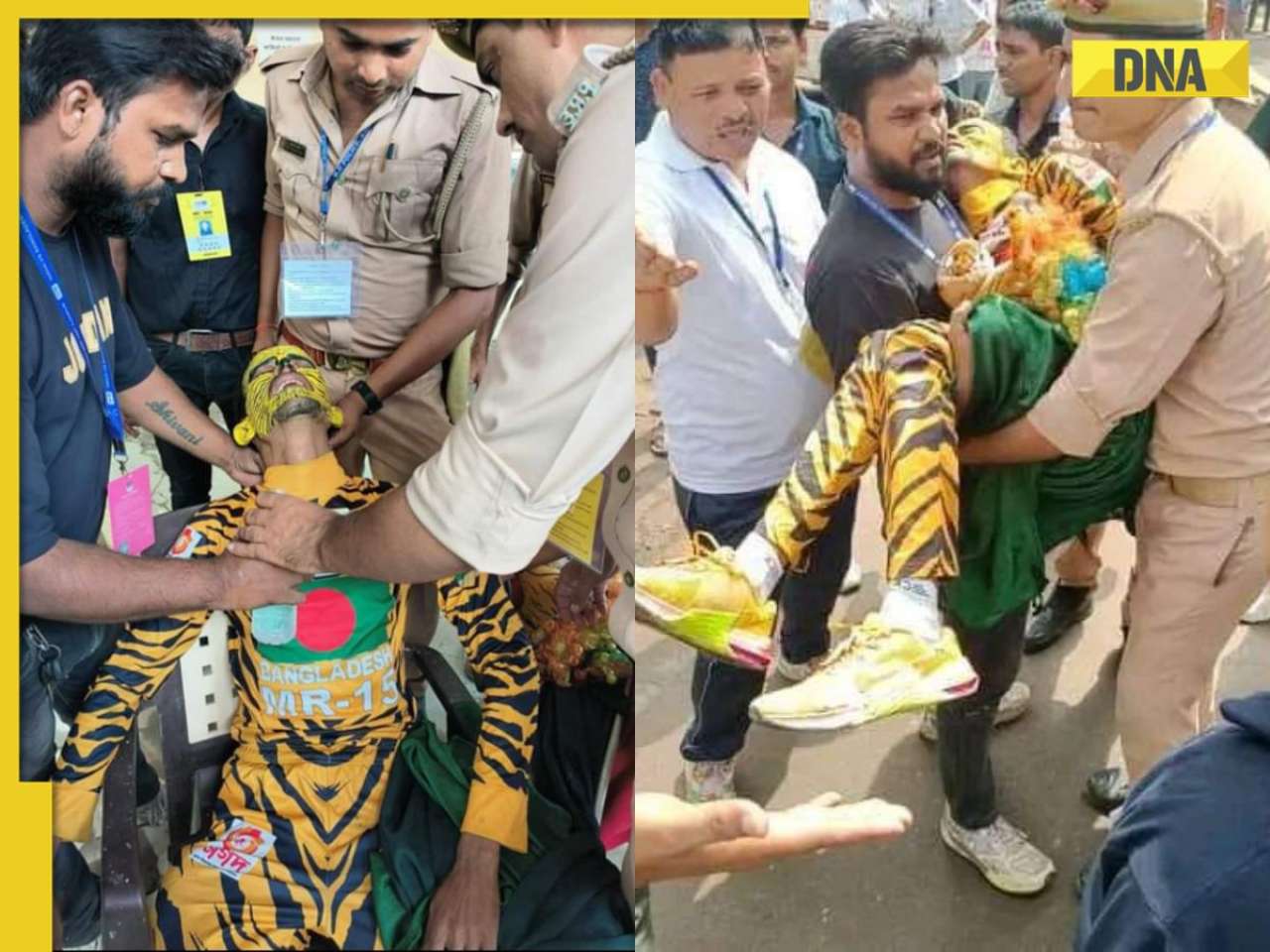
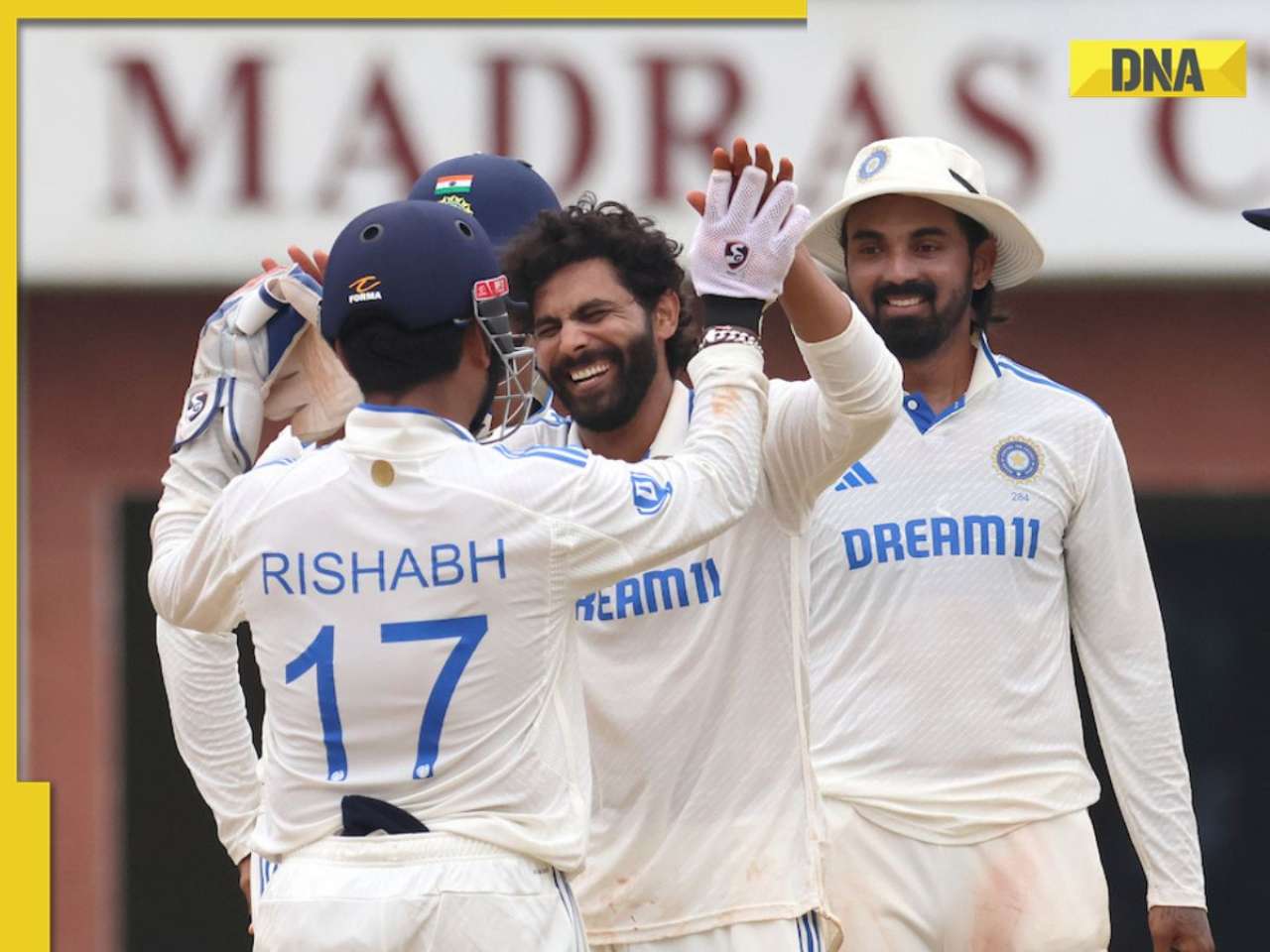
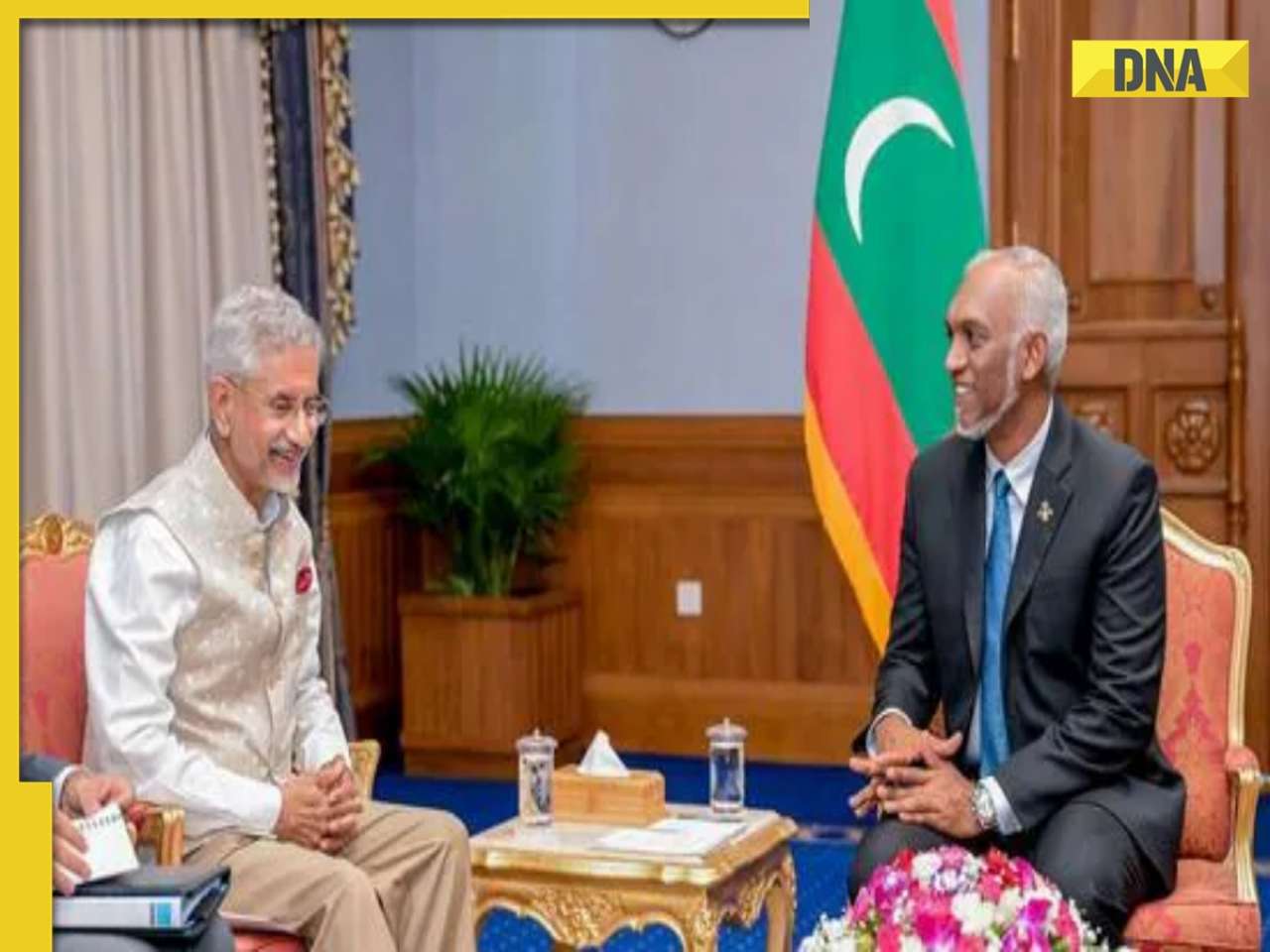
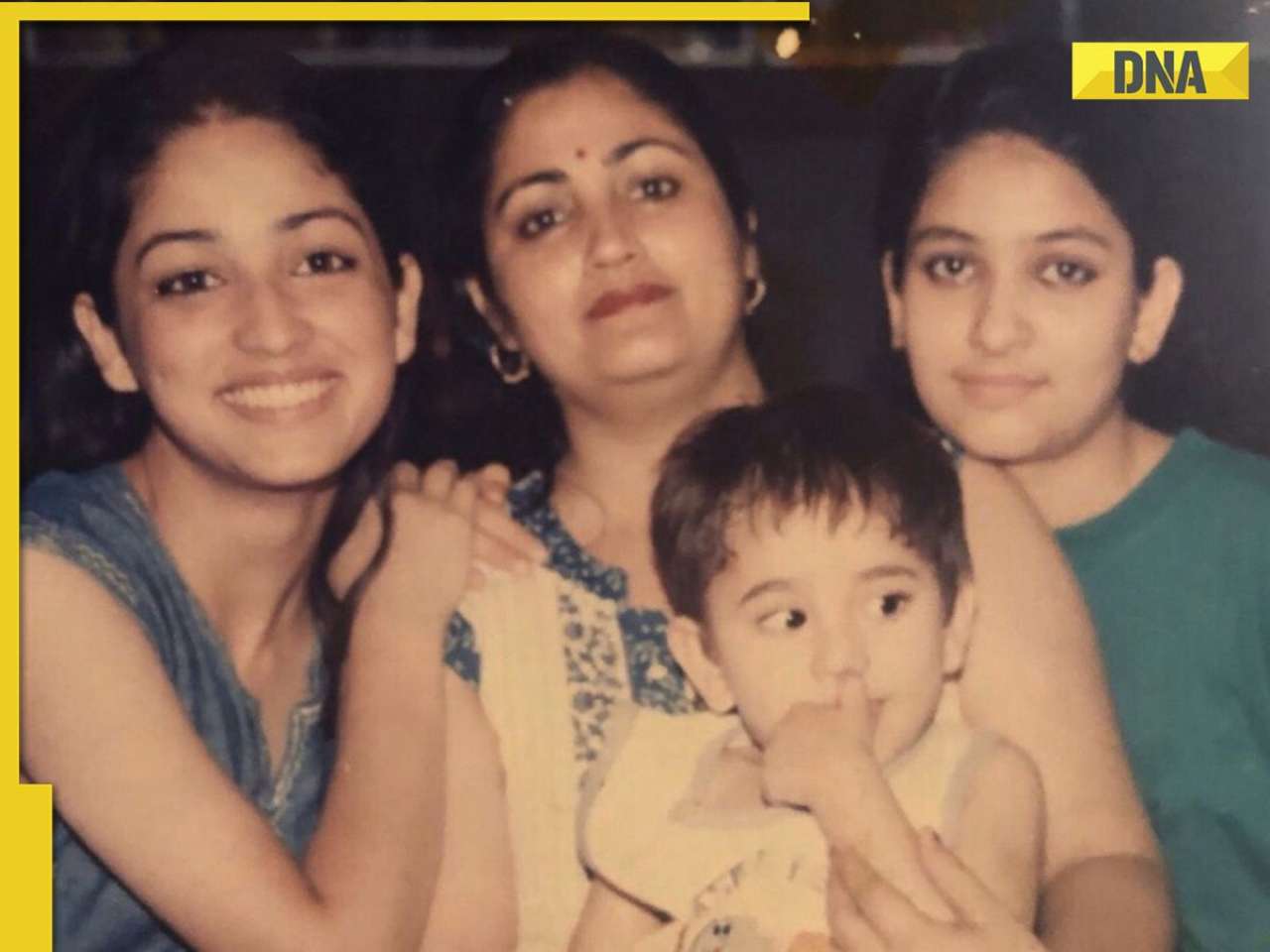





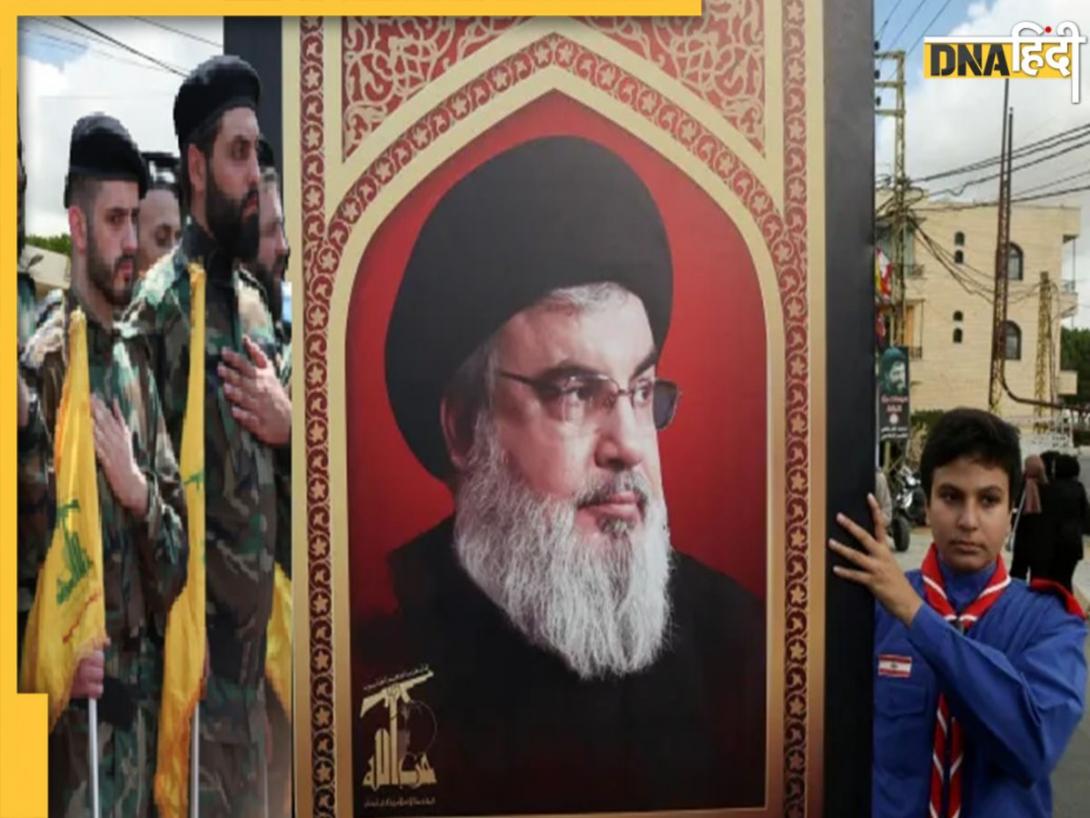
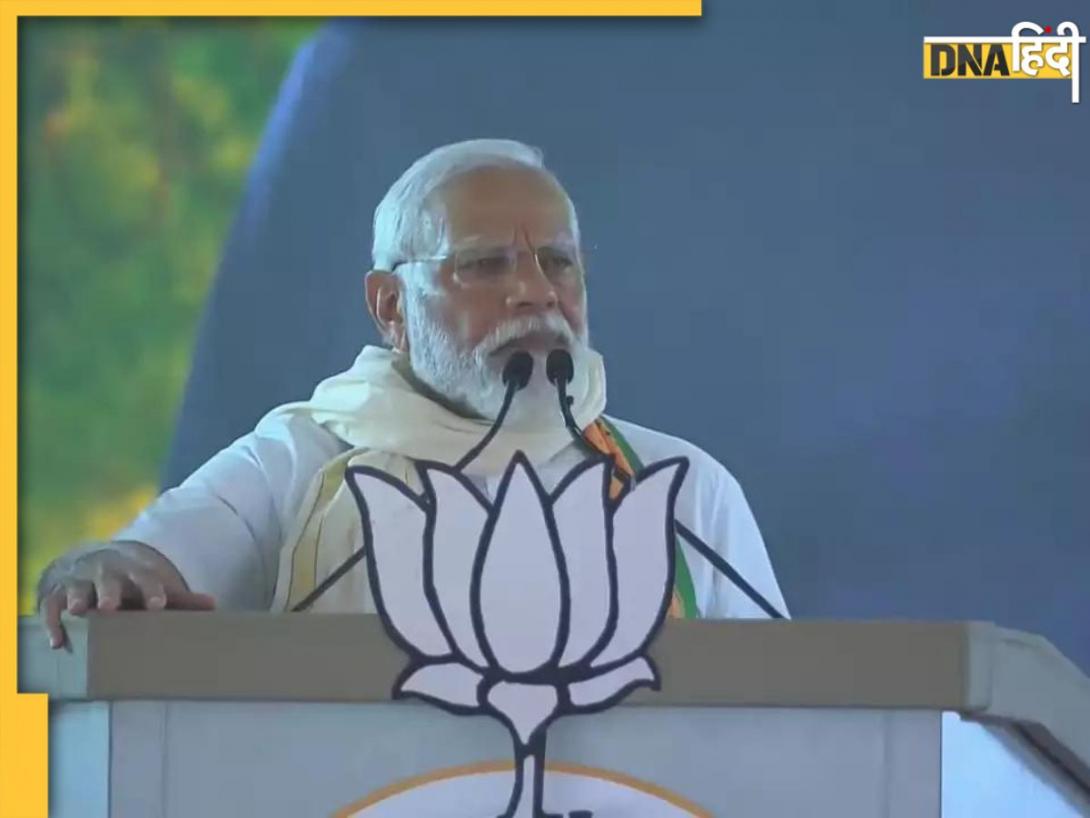


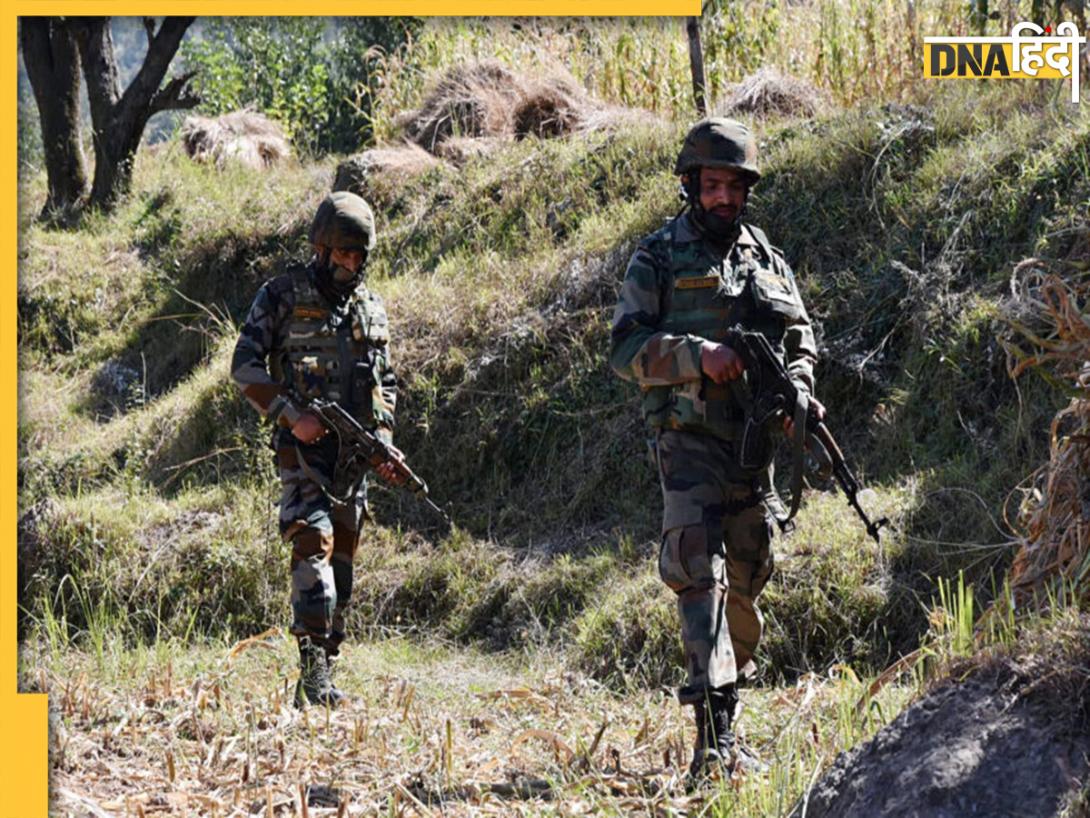






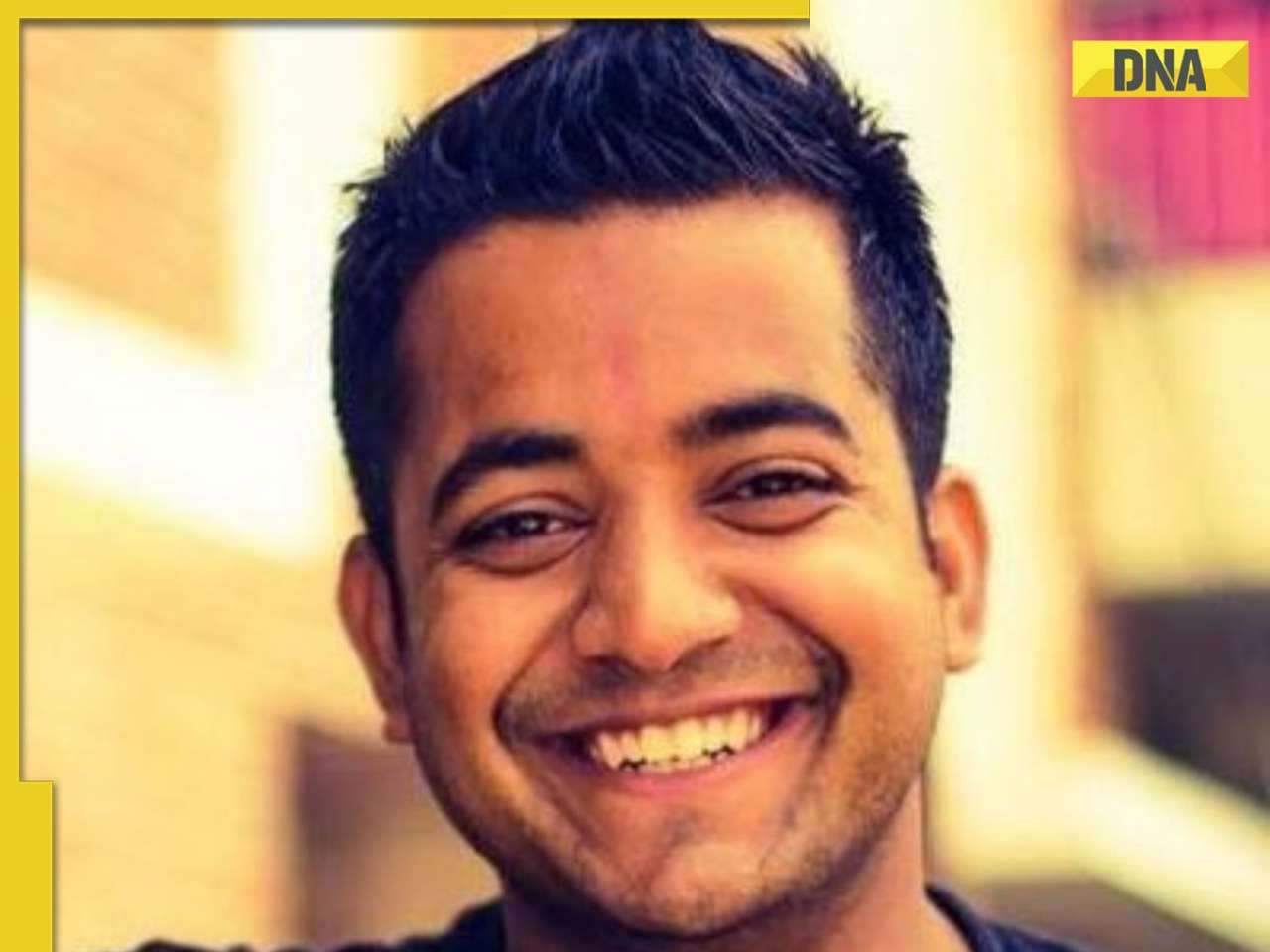
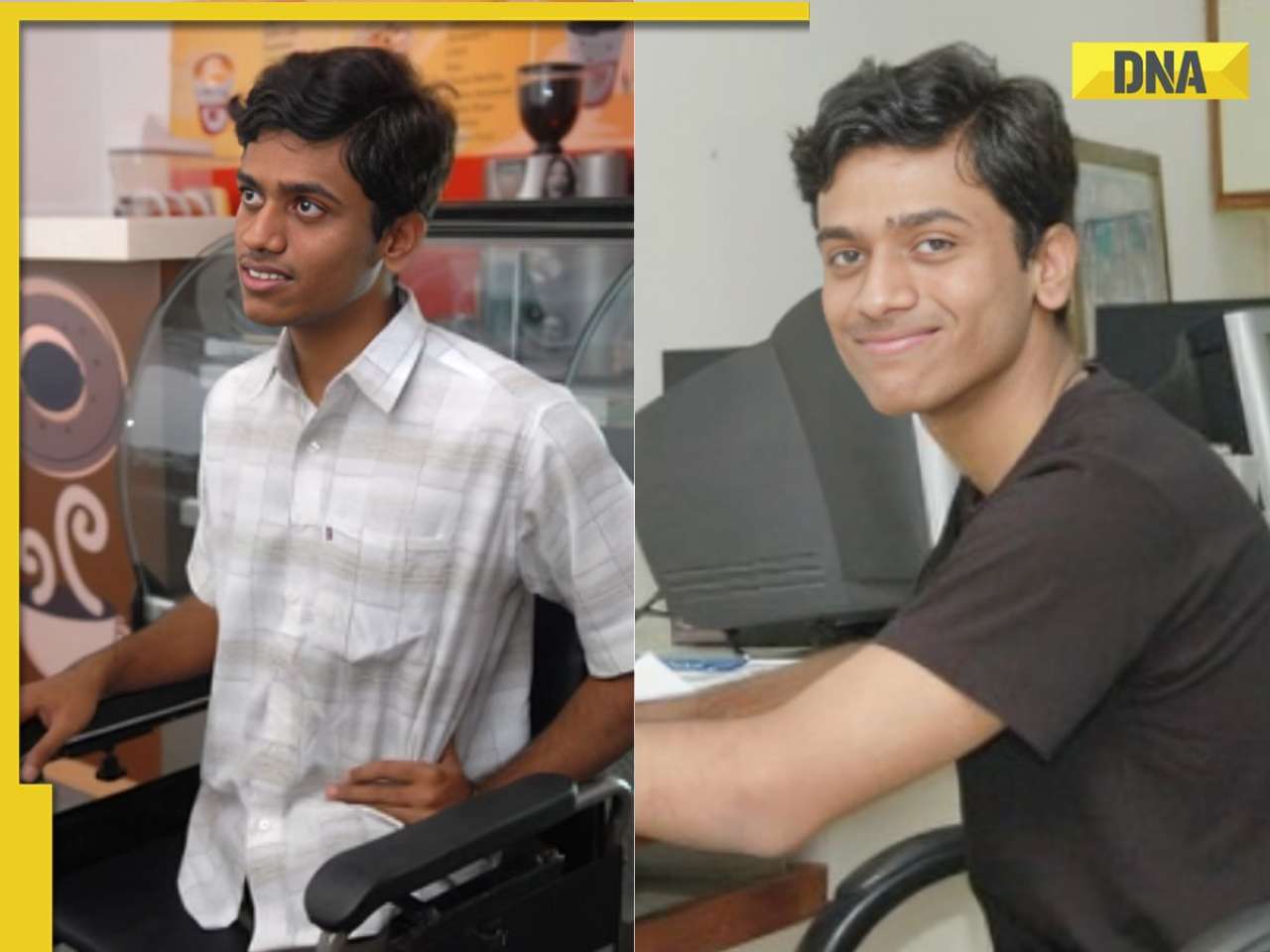
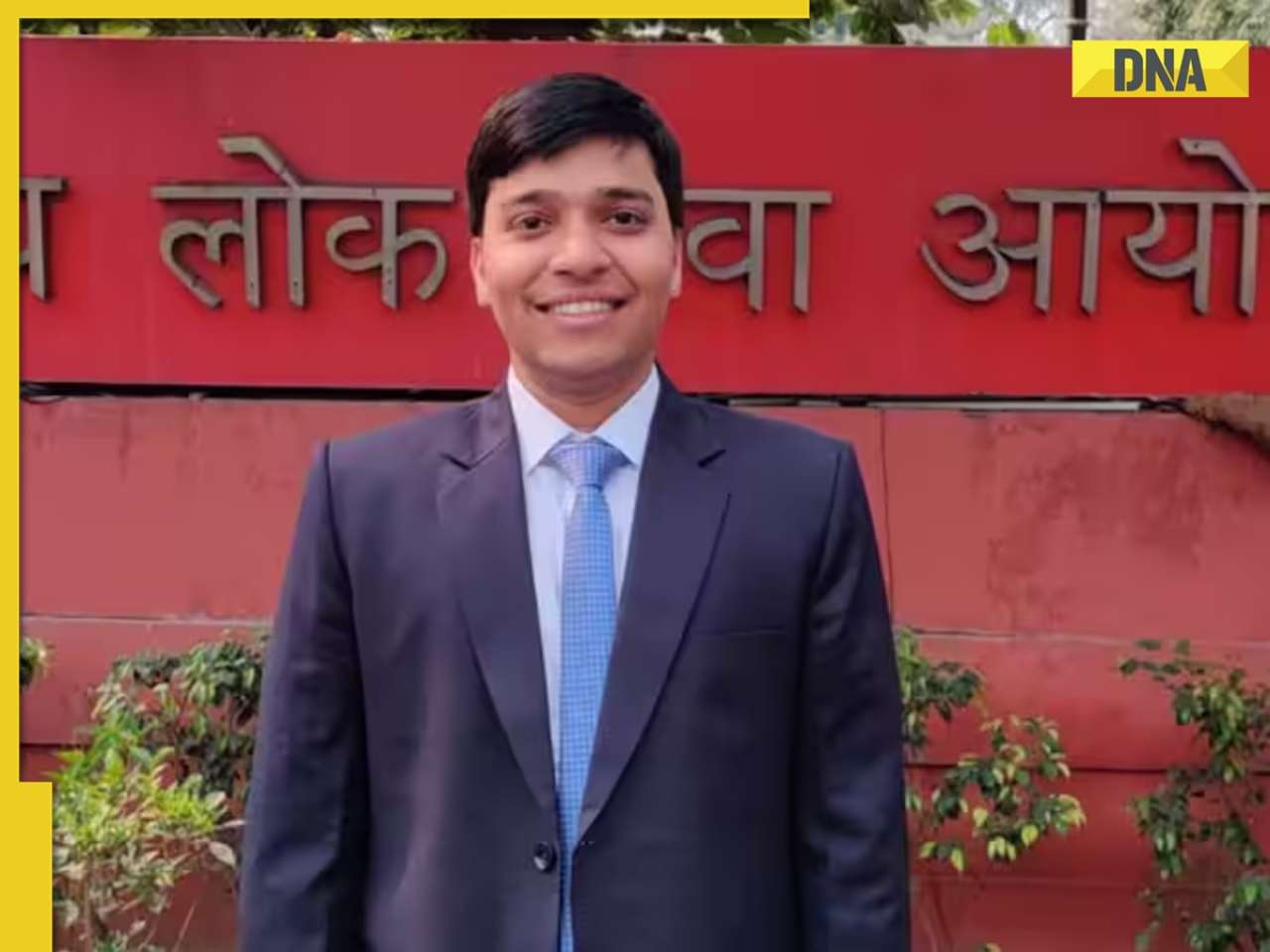
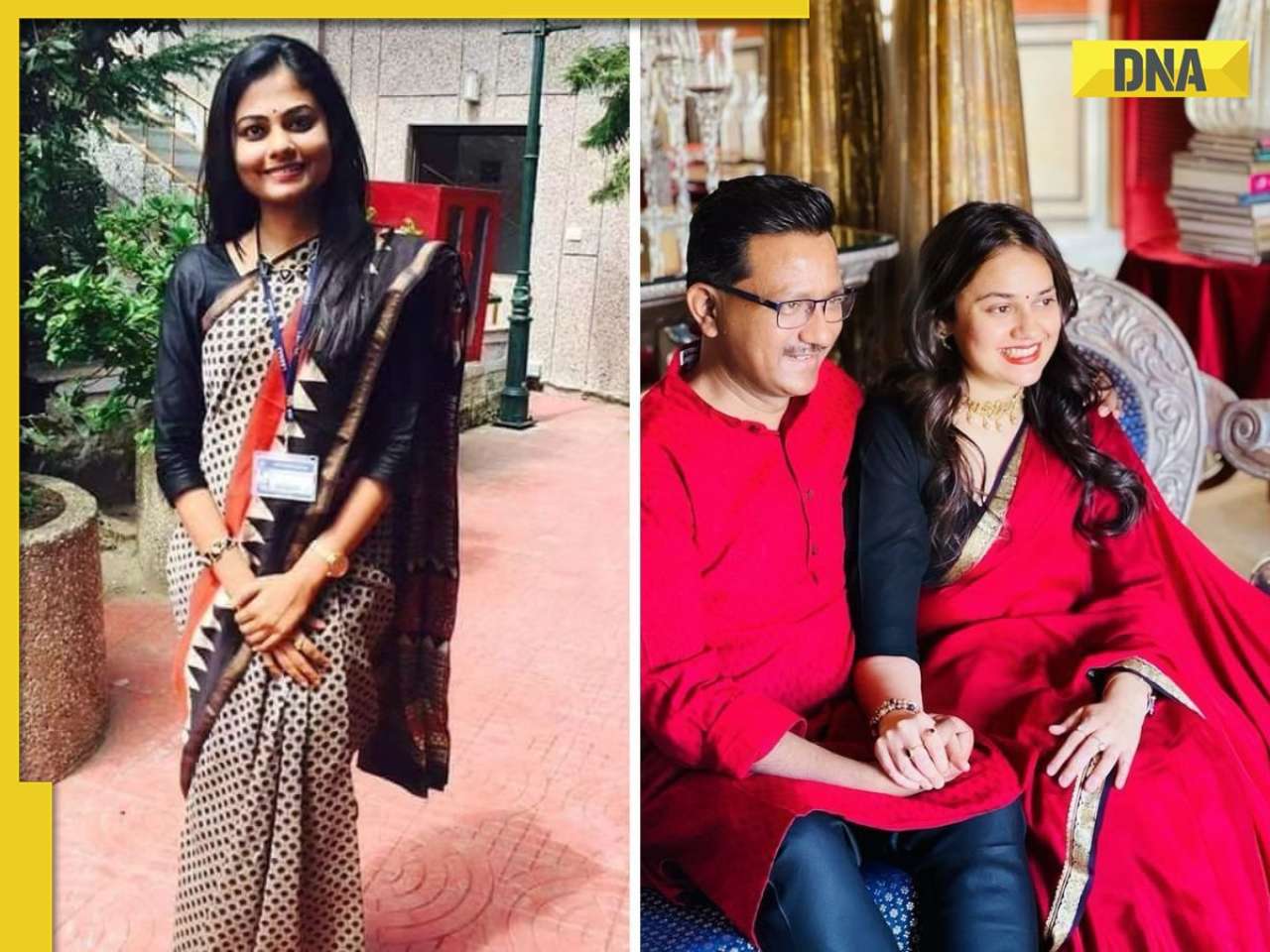

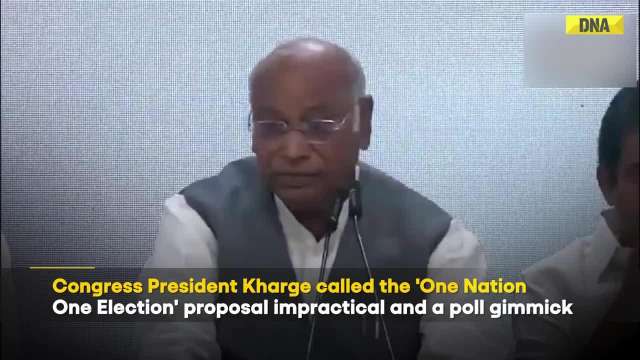
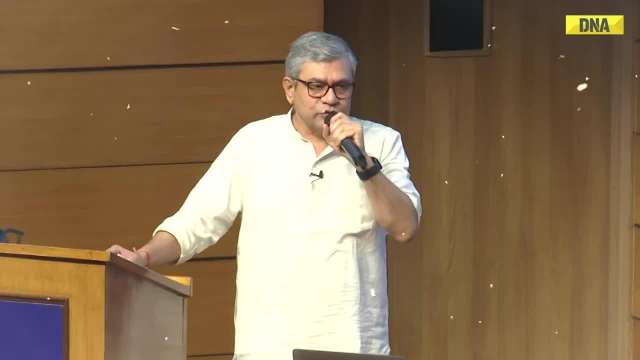
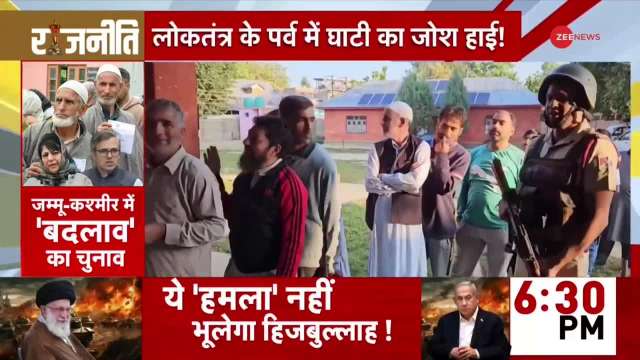
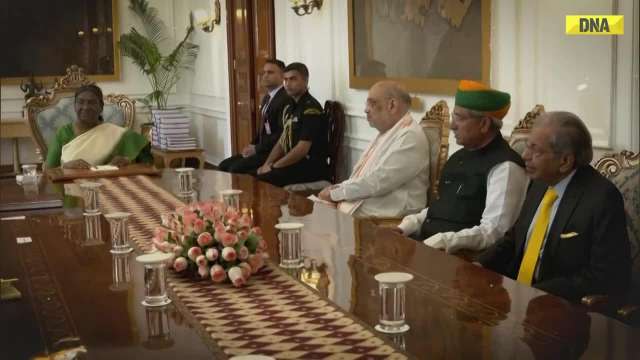

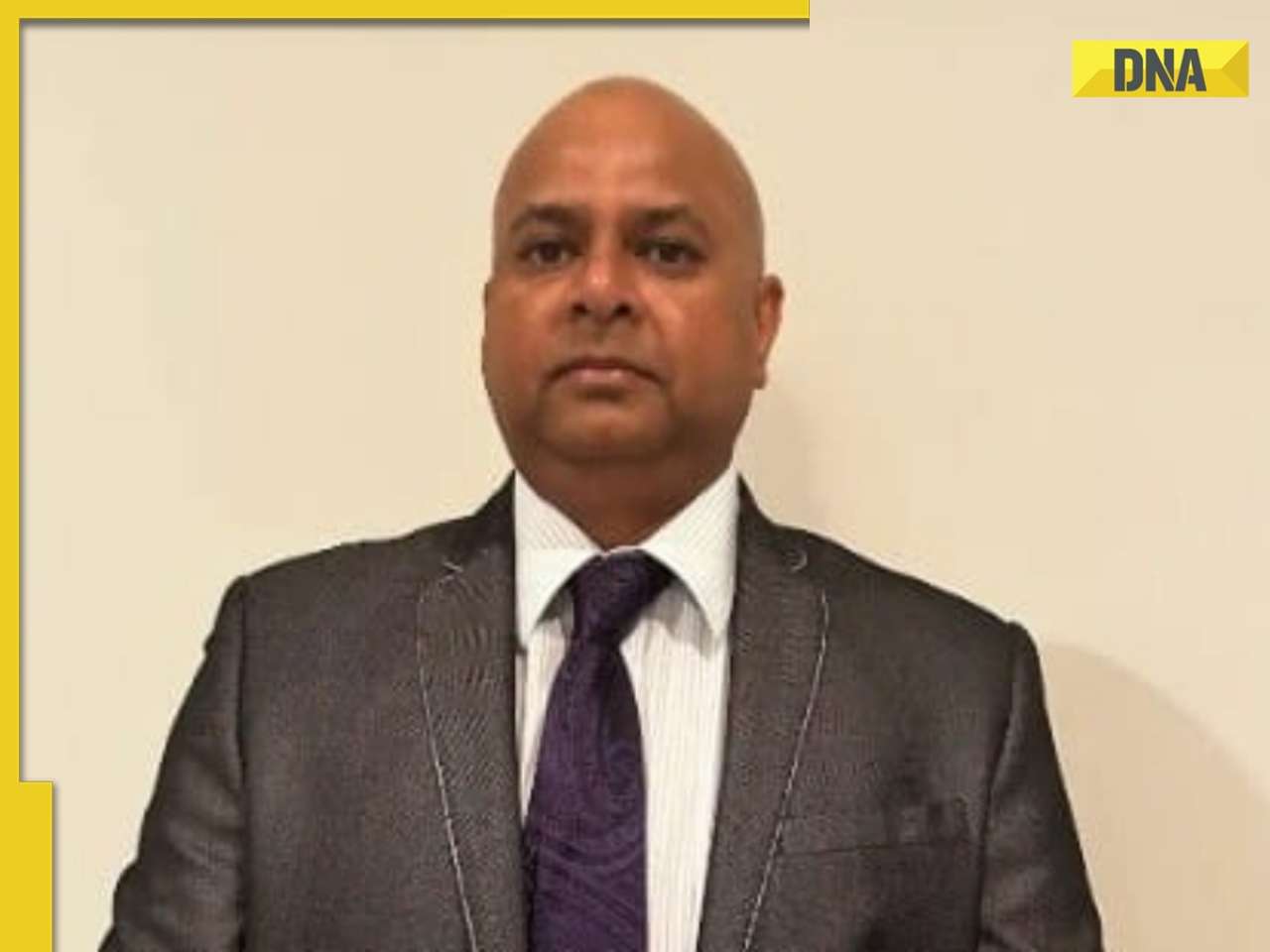
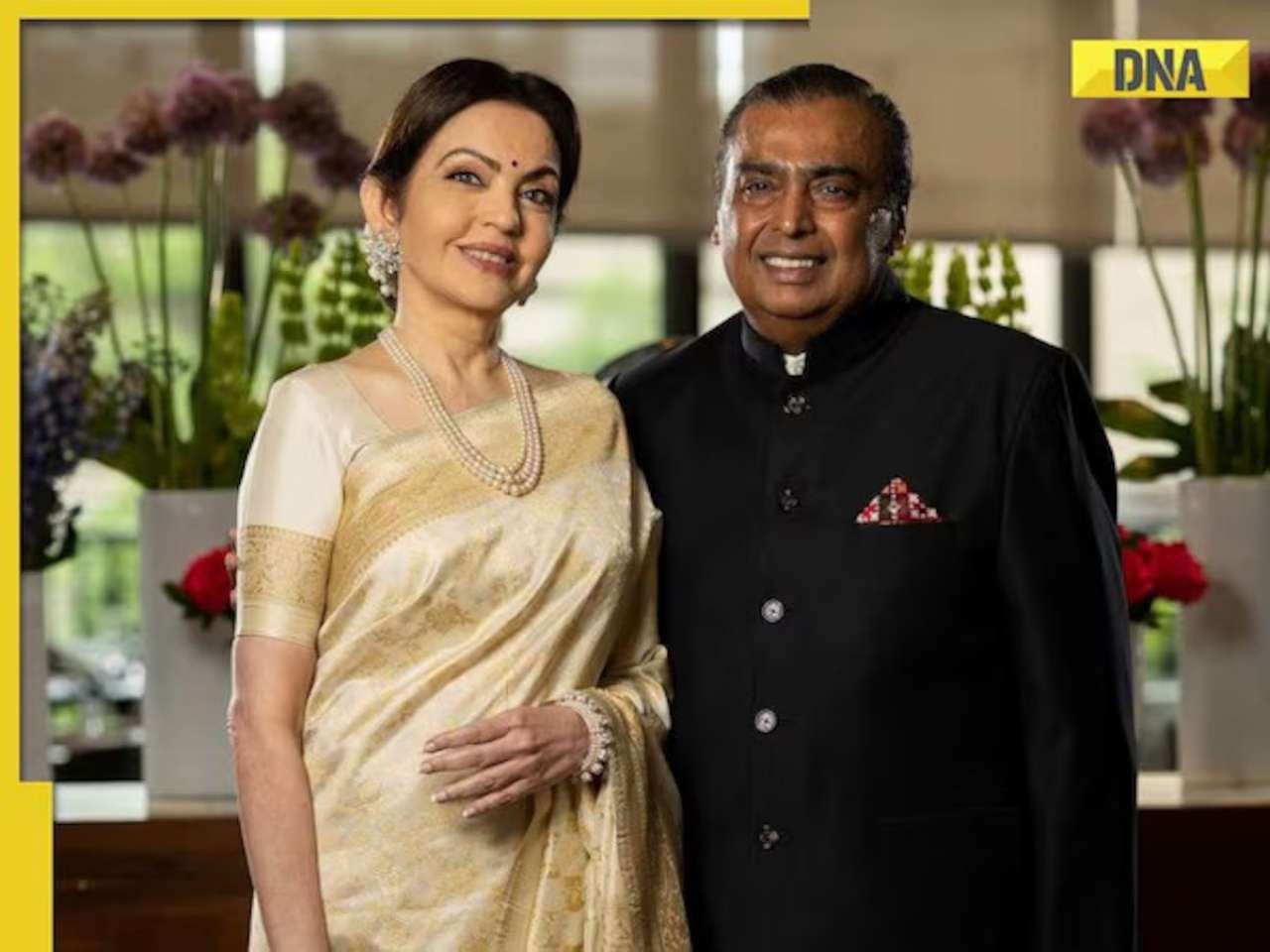

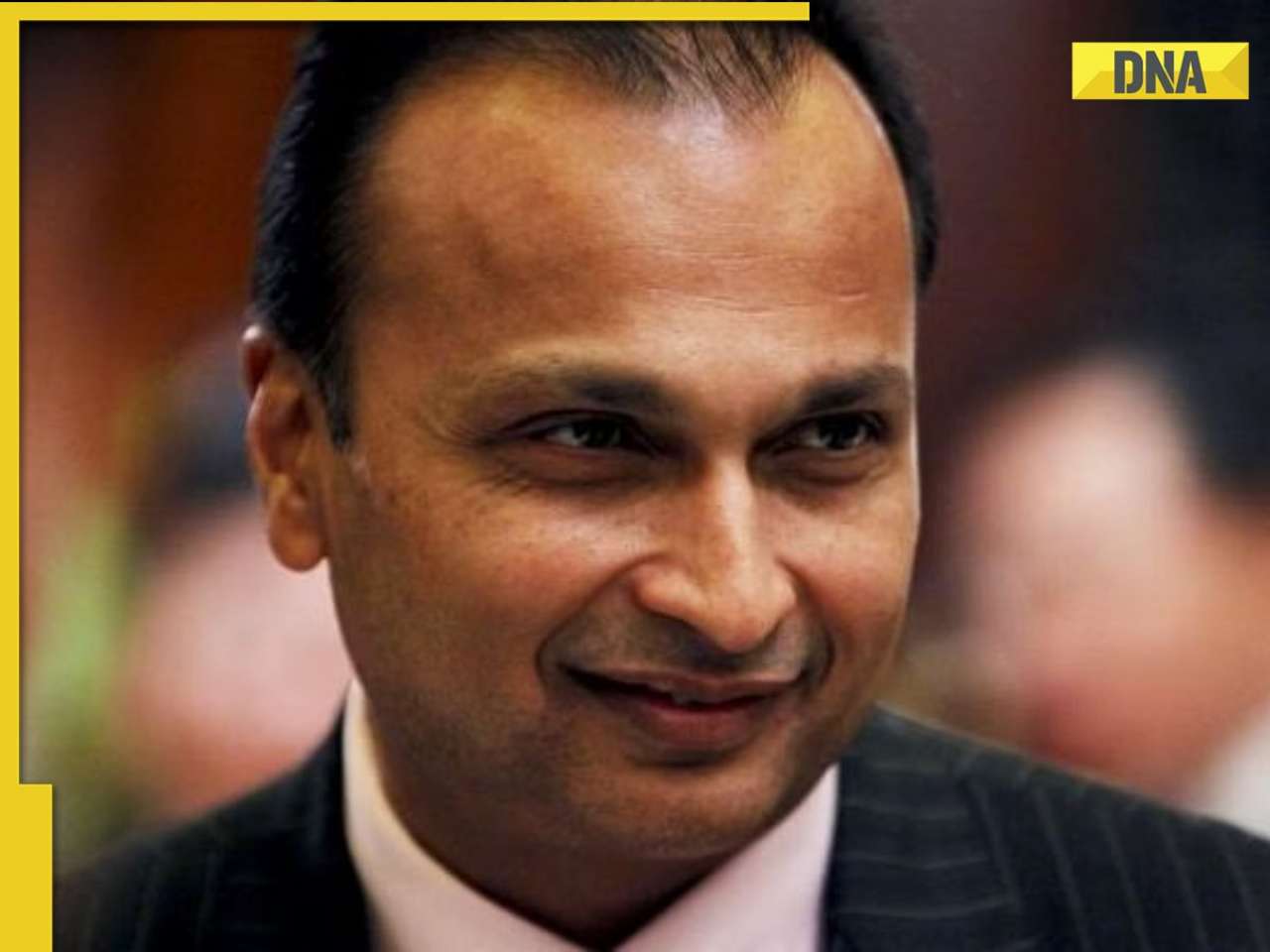






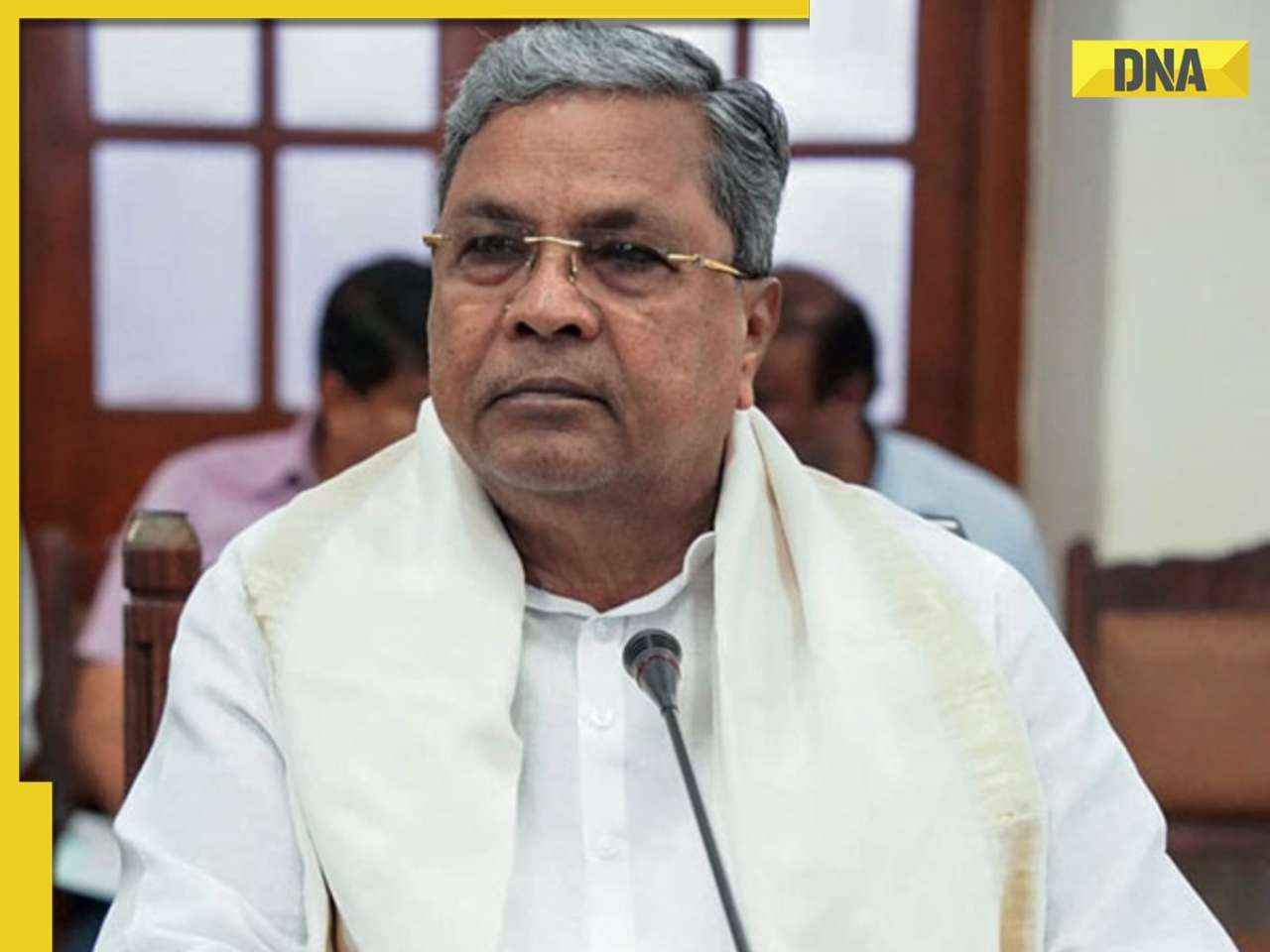




)
)
)
)
)
)
)
)
)
)
)
)
)
)





)
)
)
)
)
)